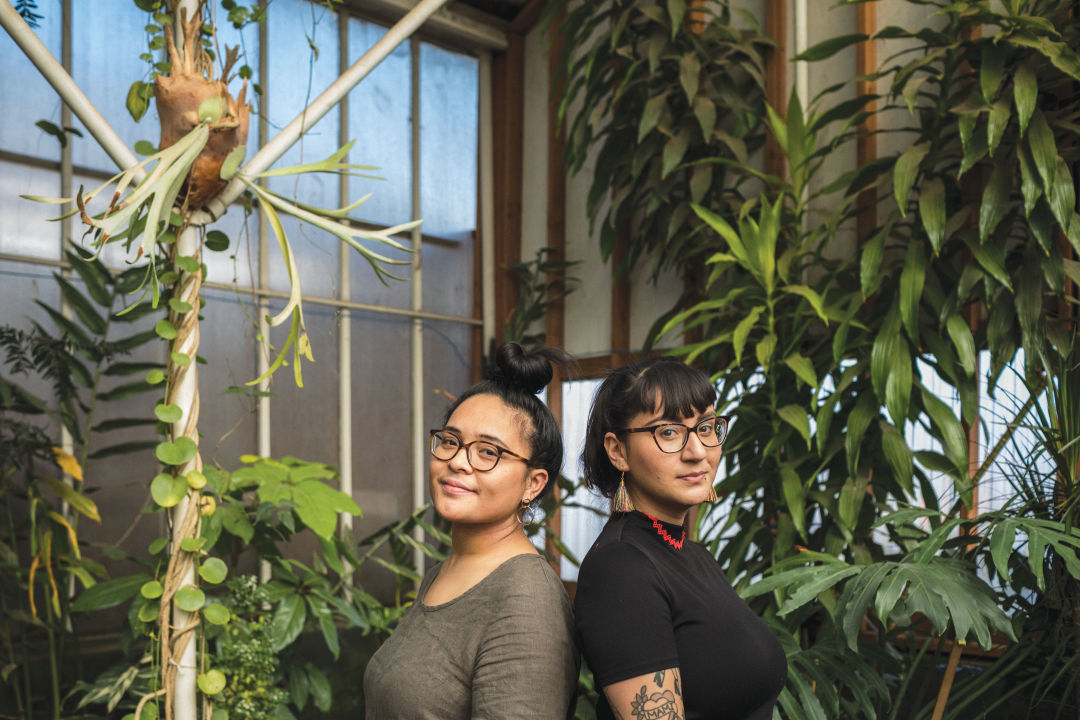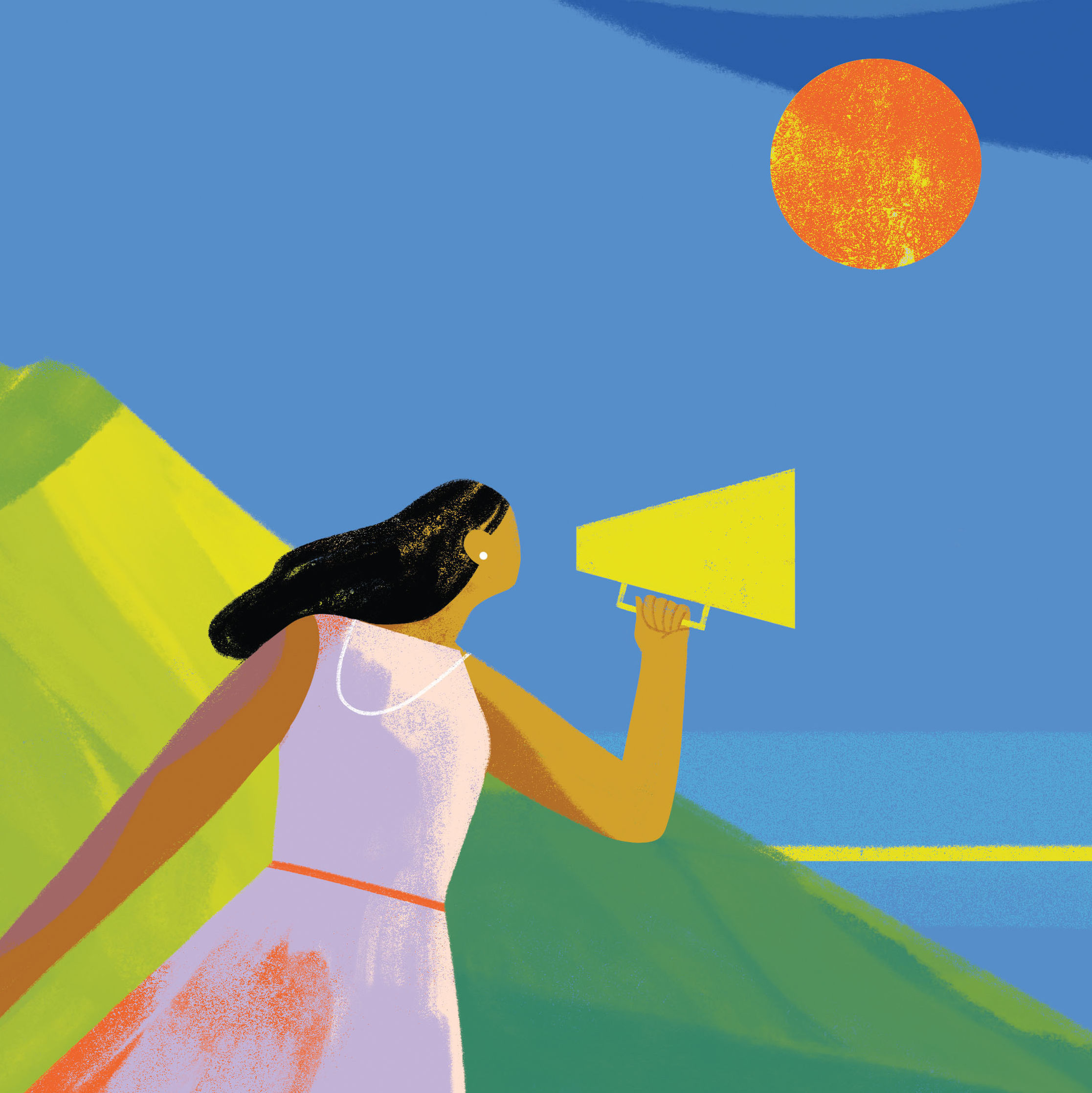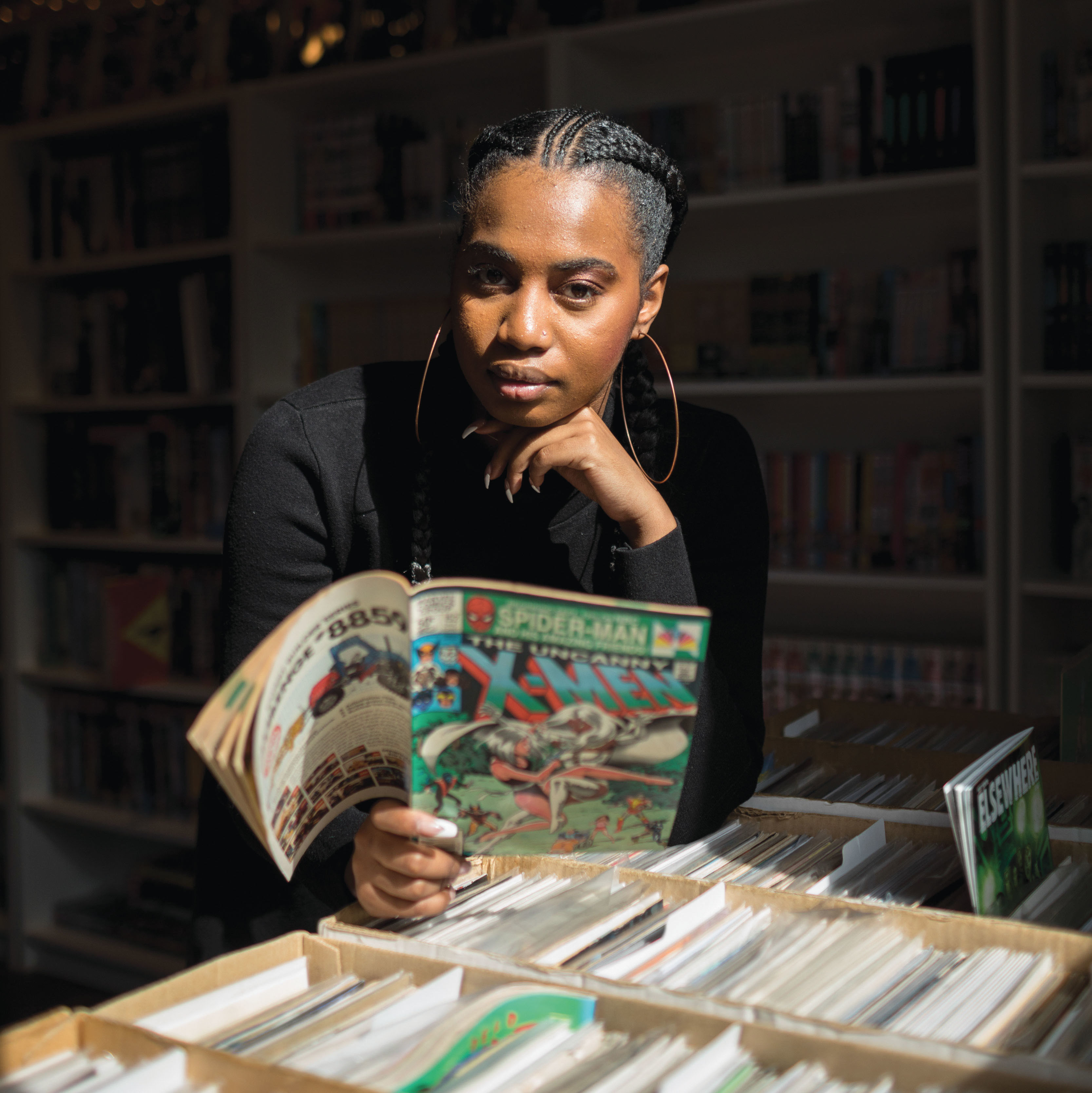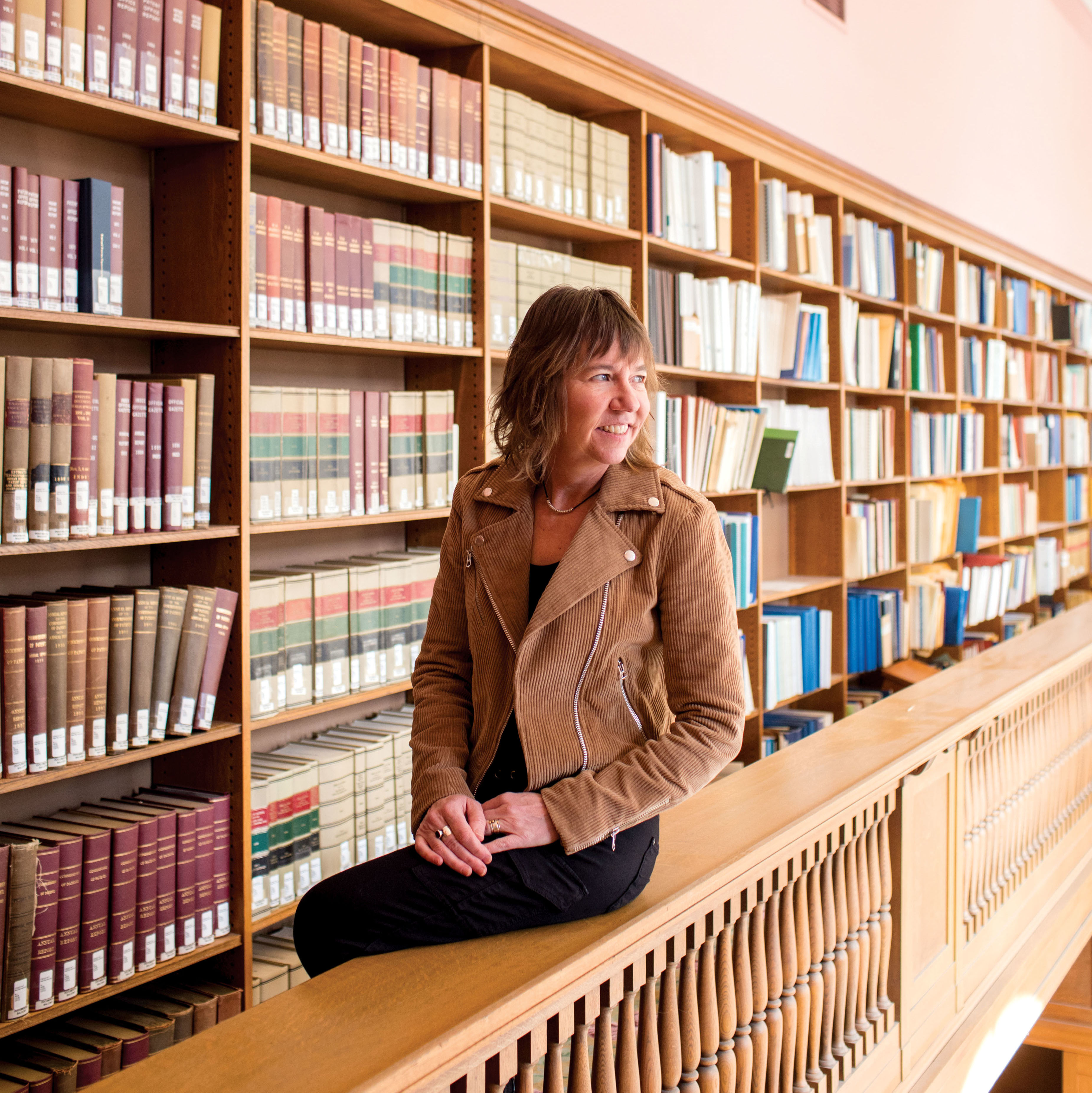6 Amazing Oregon Women-Led Projects

Portland in Color's Celeste Noche and Emilly Prado
Image: Celeste Noche
The Site
Portland in Color started as a passion project for local Filipino photographer Celeste Noche: capturing her fellow artists of color in gorgeous portraits and frank interviews (and, in the process, derailing the myth that few exist in PDX). But when Noche partnered with local Xicana journalist Emilly Prado in early 2018 to help secure a Regional Arts & Culture Council grant and interview series subjects, the project evolved into a full-fledged POC artists’ services hub—anchored by a 150-entry (and growing) directory of DJs, chefs, illustrators, poets, and more. “[No more] falling back on the excuse that ‘I don’t know any people of color [in my industry] and therefore can’t hire them,’” says Prado. “We’re doing the hard work of creating the network.” Next up, a newsletter and the site’s first live event in May, as well as plans for professional enrichment services by and for directory members. Noche (who photographed a few of our Oregon Woman subjects) and Prado’s revealing interviews, around 25 at last count, are still a site highlight, offering a window into the real experiences and challenges of breaking into creative industries in PDX as a person of color. The site’s “about connection, first and foremost,” says Prado. “Ultimately it’s a tool to really [see] the experiences of people who you maybe don’t know yet.” —Kelly Clarke
The Documentarian
Filmmaker and clinical psychologist Jan Haaken has made documentaries about military therapists in Afghanistan, dairy farmers in Washington state, and drag queen Darcelle XV. Her latest, Our Bodies Our Doctors, chronicles the work of abortion providers in both the (relatively) progressive Pacific Northwest and in the more abortion-hostile environment of Oklahoma. It’s a measured and intimate portrait, pulling the curtain back on the daily realities we rarely see. (It also won the audience award for best documentary feature at this year's Portland International Film Festival.) “I wanted the film to allow people to be more grown-up about this area of women’s lives and cast off some of the shame and secrecy around it,” Haaken says. —Rebecca Jacobson
The Podcast
Fairy tales will never sound quite the same after listening to Portlander Caitlin Brehm’s Roots of Lore, a new podcast devoted to tracing beloved stories through the twists of time. Her honeyed voice spins bedtime tales shocked with unexpected insights on who was telling these moral-filled stories from across the world, when, and why. An online project manager by day, Brehm spent months interviewing folklorists, historians, and even a psychologist about the age-old tales, touching on everything from the politics of fashion to why Cinderella was referred to as “Ash-Wipe” by 17th-century storytellers. The first season tracks eight of Charles Perrault’s classic stories (Bluebeard, Puss in Boots), with a second season planned for summer. “We all have our own biases and we’ll emphasize and tell a story according to our values and belief system,” she says. “[I found] the origin really doesn’t matter. Each telling becomes its own story and says something about its own time.” —KC
The Team
Stepping onto the gridiron for full-contact football, delivering crunching hits, and breaking tackles for touchdowns isn’t just a guy thing, and it hasn’t been for a long time. Part of the decade-old Women’s Football Alliance, members of Portland’s Fighting Shockwave battle it out in America’s largest women’s semiprofessional football league, and they’re doing a damn good job of it. After winning the WFA Pacific Region Championship in 2016 and 2017, the team looks to return to the top, with a roster of dental assistants, teachers, truck drivers, and police investigators that spans three decades in age. The season runs through early June, with playoffs after. Cheer them on at home games at Roosevelt High School. —Ryan Ashby
The Organizers
Oregon has a long history as a hotbed of white supremacy. Cara Shufelt and Jess Campbell, codirectors of The Rural Organizing Project (ROP), log many miles as they help support more than 60 anti-racist and social-justice-oriented groups across Oregon’s far-flung towns. “They’re the ones who know their communities best,” says Shufelt. ROP holds an annual rural caucus for community leaders, keeps tabs on racist groups and activities (like when someone tagged downtown Cave Junction with KKK graffiti in January), and helps stage protests, like last fall when the group helped lead a seven-day march from Sheridan prison to a jail in The Dalles to protest ICE detention and deportation. —Sarah Mirk
The Sexpert
Part of a team developing an app for parents talking to their kids about sex, Kris Gowen can be found on local stages talking about the intersection of sex and technology for Amanda Thomas’s beer-fueled lecture series Science on Tap. Also an author, Gowen followed up her teen-targeted Sexual Decisions with a very different book: One Nation Under Song: My Karaoke Journey Through Grief, Joy, and America, her chronicle of singing karaoke in all 50 states. “I think both interests are united by the idea of open communication and expressing feelings,” says the singing sex educator. —Margaret Seiler









